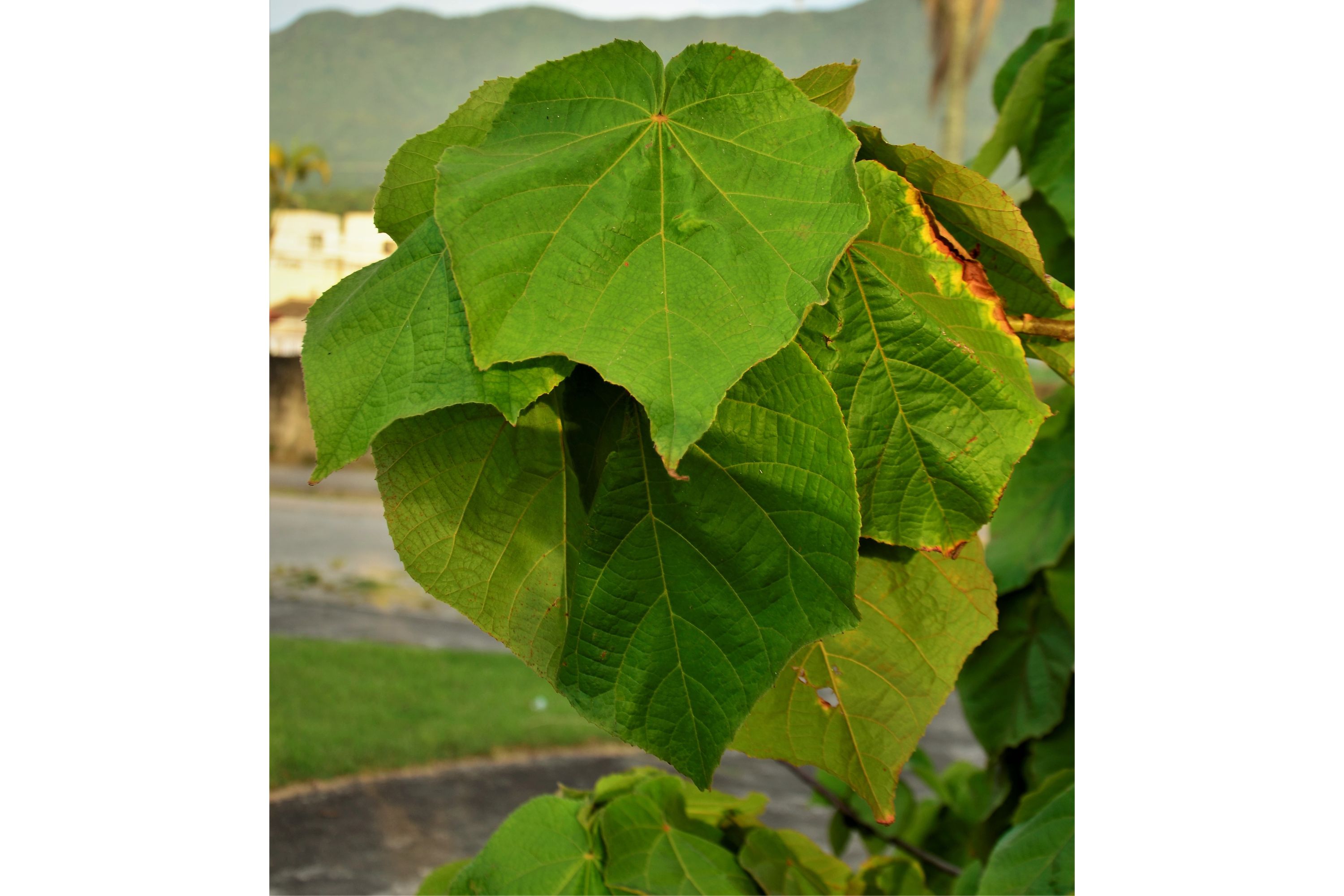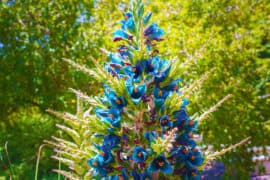Paulownia elongata
(Paulownia elongata)

Description
Paulownia elongata is a species of tree in the family Paulowniaceae, native to Asia. The plant's leaves are very large and pubescent ('fuzzy hairy'). This species can withstand a very wide range of environmental conditions. It does not grow at higher altitudes however. Paulownia elongata is cultivated as an ornamental tree for use in gardens and parks. It is selected for its purple flowers, and its shade tolerance. The tree is planted and grown as feedstock for biofuel production. Due to the large quantity of biomass produced annually, it is suited for use as biofuel feedstock. Paulownia elongata is planted as a forestry tree producing strong, yet light, wood. It is grown for lumber in North America and China. Commercial plantations are normally established from selected clones resulting from micropropagation. They are known to grow up to 15 feet (4.6 m) or more in the first year. It is reportedly the fastest-growing hardwood tree. Some proponents state that P. elongata plantations can reach a harvestable size in five to seven years. Paulownia is a genus of seven to 17 species of hardwood tree (depending on taxonomic authority) in the family Paulowniaceae, the order Lamiales. They are present in much of China, south to northern Laos and Vietnam and are long cultivated elsewhere in eastern Asia, notably in Japan and Korea. It was introduced to North America in 1844 from Europe and Asia where it was originally sought after as an exotic ornamental tree. Its fruits (botanically capsules) were also used as packaging material for goods shipped from East Asia to North America, leading to Paulownia groves where they were dumped near major ports. The tree has not persisted prominently in US gardens, in part due to its overwintering brown fruits that some consider ugly. In some areas it has escaped cultivation and is found in disturbed plots. Some US authorities consider the genus an invasive species, but in Europe, where it is also grown in gardens, it is not regarded as invasive. The genus, originally Pavlovnia but now usually spelled Paulownia, was named in honour of Anna Paulowna, queen consort of The Netherlands (1795–1865), daughter of Tsar Paul I of Russia. It is also called "princess tree" for the same reason.
Taxonomic tree:







